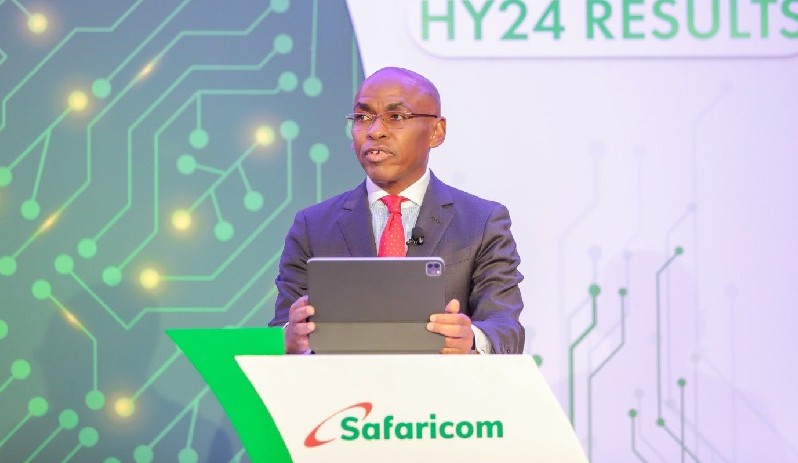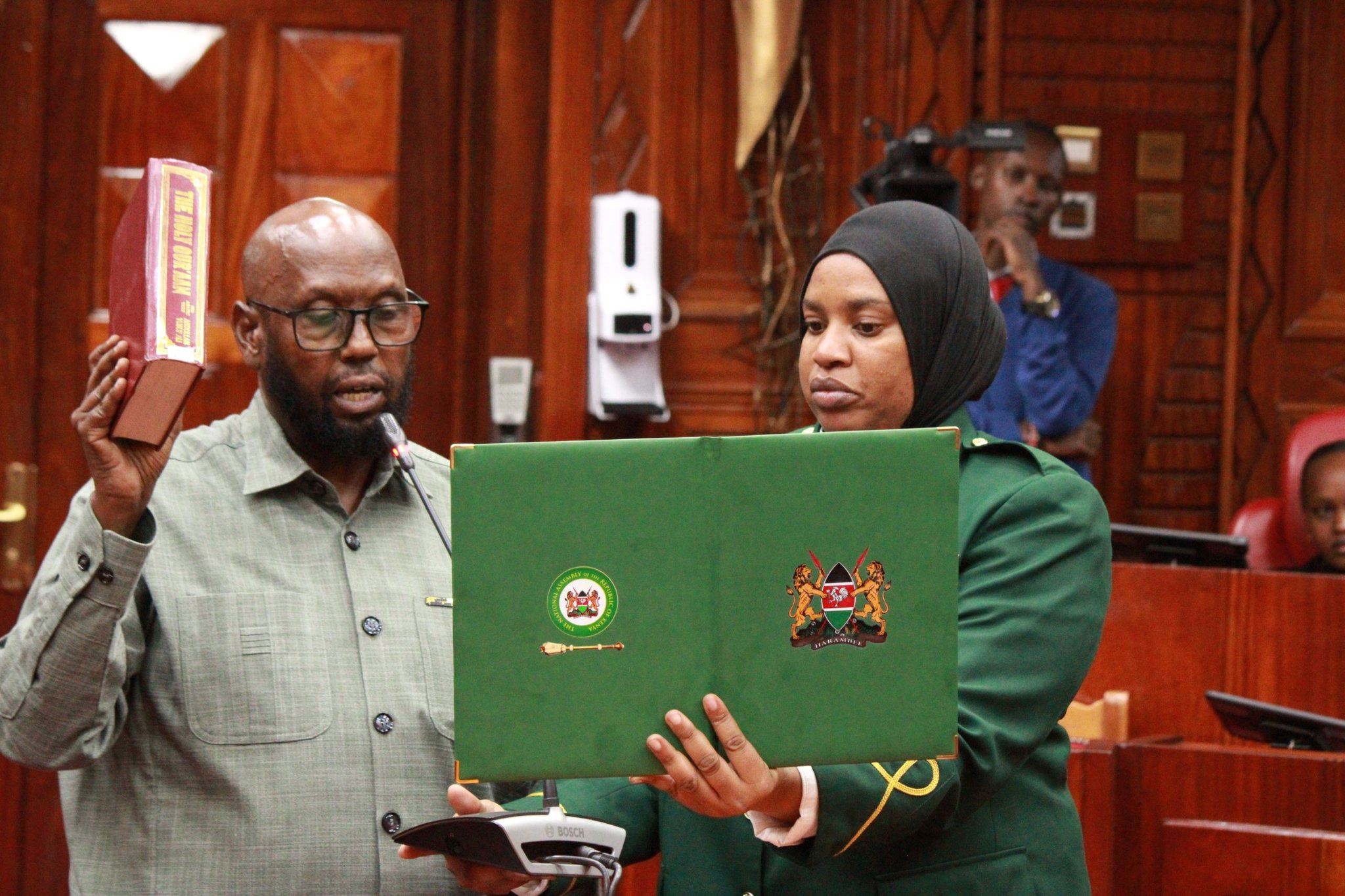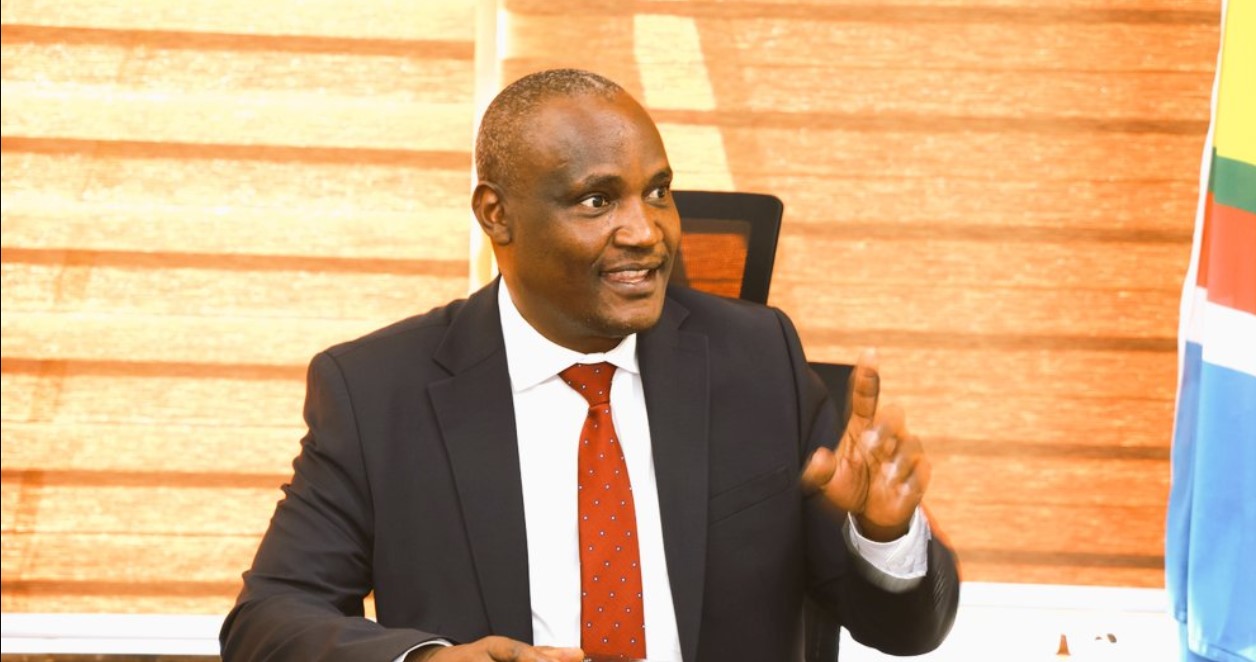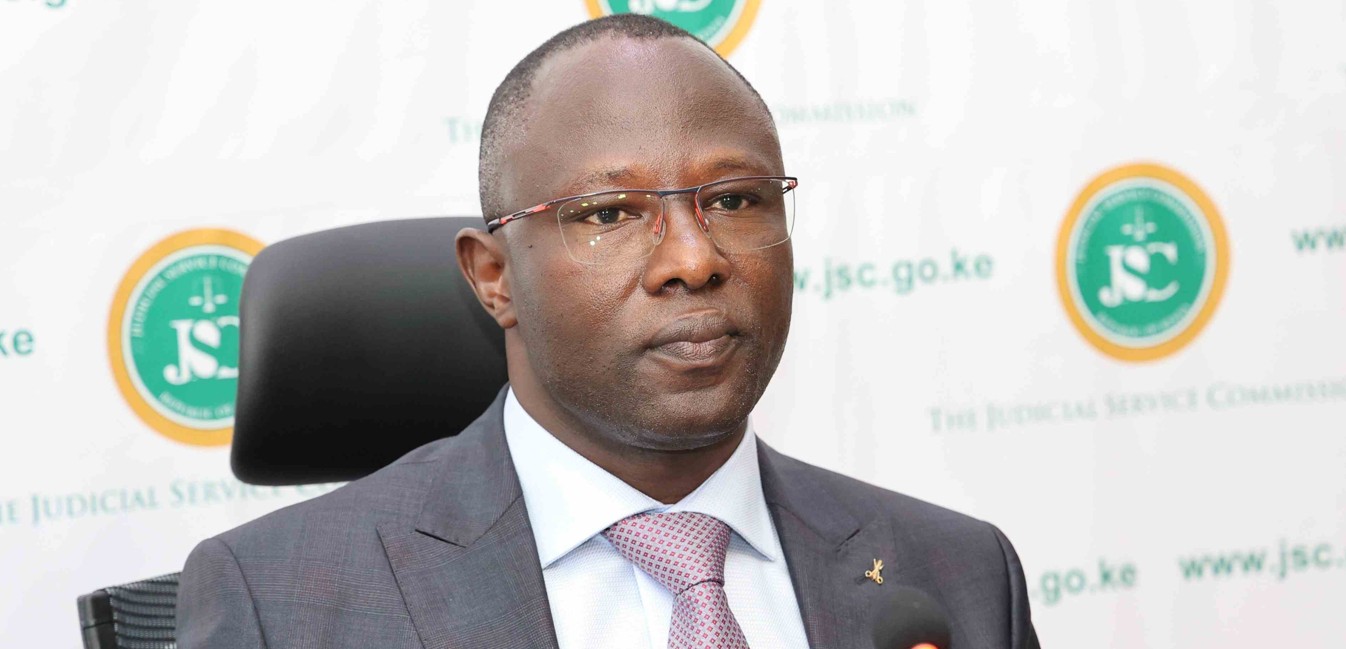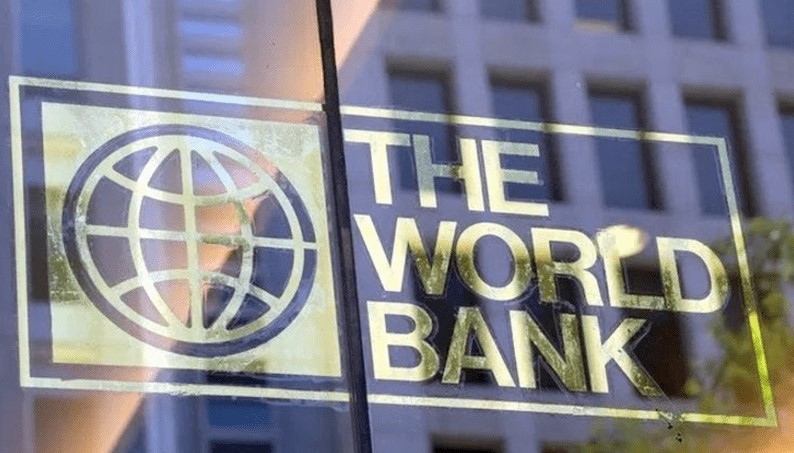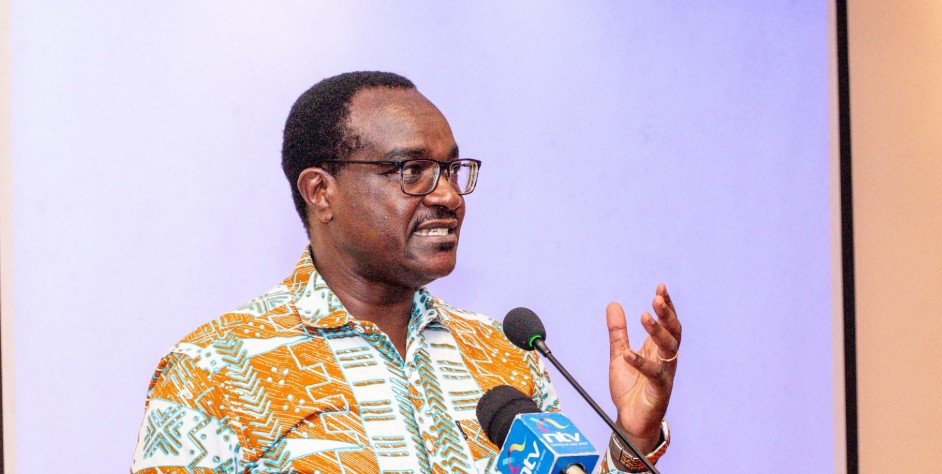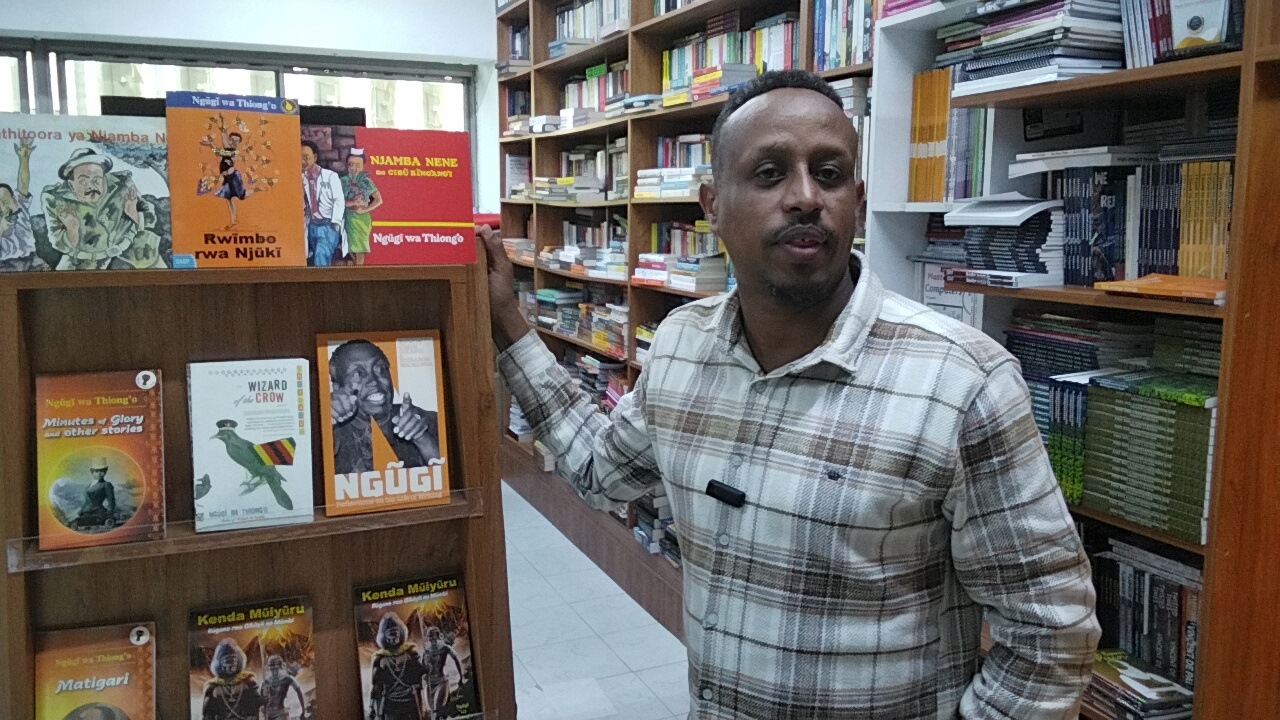Outdated laws, illegal sites threaten betting oversight despite Sh96.7bn revenue

While these numbers highlight the financial contribution of betting to the economy, the BCLB warned MPs that the fast-growing industry is difficult to control under current legal frameworks.
Outdated laws and the rise of illegal gambling sites pose major regulatory challenges in Kenya, even as the government has collected Sh96.7 billion from betting companies since 2018.
The figures, presented to Parliament by the Betting Control and Licensing Board (BCLB), show that gambling has become a key source of government revenue, with annual collections steadily increasing over the past seven financial years.
More To Read
- Digital creators push back on new gambling advertising guidelines
- State bans celebrities, influencers from gambling ads in sweeping reforms
- Gambling crackdown: Communications Authority issues 12-hour warning to defiant broadcasters
- Court upholds Sh256 million seizure from Mozzartbet, declares funds proceeds of crime
- Betting firms may be rigging outcomes to avoid paying taxes, MPs warn
- Govt orders pay service suspension for 23 TV stations over illegal betting ads
The highest amount was recorded in the 2023/2024 financial year at Sh22.3 billion, followed by Sh16.9 billion in 2022/2023, Sh14.7 billion in 2021/2022, Sh10.3 billion in 2019/2020, Sh9.5 billion in 2020/2021, and Sh8.5 billion in 2018/2019.
By February of the current 2024/2025 financial year, Sh14.5 billion had already been collected.
While these numbers highlight the financial contribution of betting to the economy, the BCLB warned MPs that the fast-growing industry is difficult to control under current legal frameworks.
The board's director, Peter Mbugi, said the Betting, Lotteries and Gaming Act of 1966 is too outdated to manage the modern gambling environment, noting that current penalties are too weak to deter violations.
He urged Parliament to pass the proposed Gambling Control Bill 2023, which aims to strengthen regulation and improve oversight.
“The worry is that gambling has changed from its original purpose of entertainment to becoming a source of livelihood,” Mbugi said.
“This trend is driven by economic hardships from widespread unemployment, combined with the misplaced notion that gambling provides easy money. This has led to an increase in legal gambling providers and the emergence of illegal gambling sites,” he added.
Mbugi told MPs that gambling in Kenya has grown across all age groups, mirroring trends in other African countries.
He warned that the situation is being worsened by offshore websites offering unauthorised products, which expose Kenyan users to unregulated gambling and limit the board’s ability to enforce standards.
The board also faces resource shortages, which further affect its ability to monitor and regulate the industry effectively.
“The objective now is to scale up the war against illegal gambling through a multi-agency approach, promote responsible gambling, and ensure that the economic contribution of gambling outweighs the negative social impact,” Mbugi stated.
He emphasised that better technology is needed to monitor operators and support public education campaigns.
However, he also highlighted the challenge of shifting public perception, as many now see gambling not as a leisure activity, but as a potential source of income.
“Gambling is a demerit good, just like alcohol and tobacco, and consumption must be controlled,” Mbugi explained.
“Gambling can harm consumers if taken in excess, potentially leading to addiction with serious consequences for individuals and society, ultimately fostering negative attitudes toward hard work.”
The BCLB recently took a firm step by suspending all gambling advertisements on media platforms for 30 days.
This decision came after some gambling promoters portrayed betting as a legitimate investment opportunity and a quick way to create wealth, which Mbugi said is misleading and dangerous.
Top Stories Today
